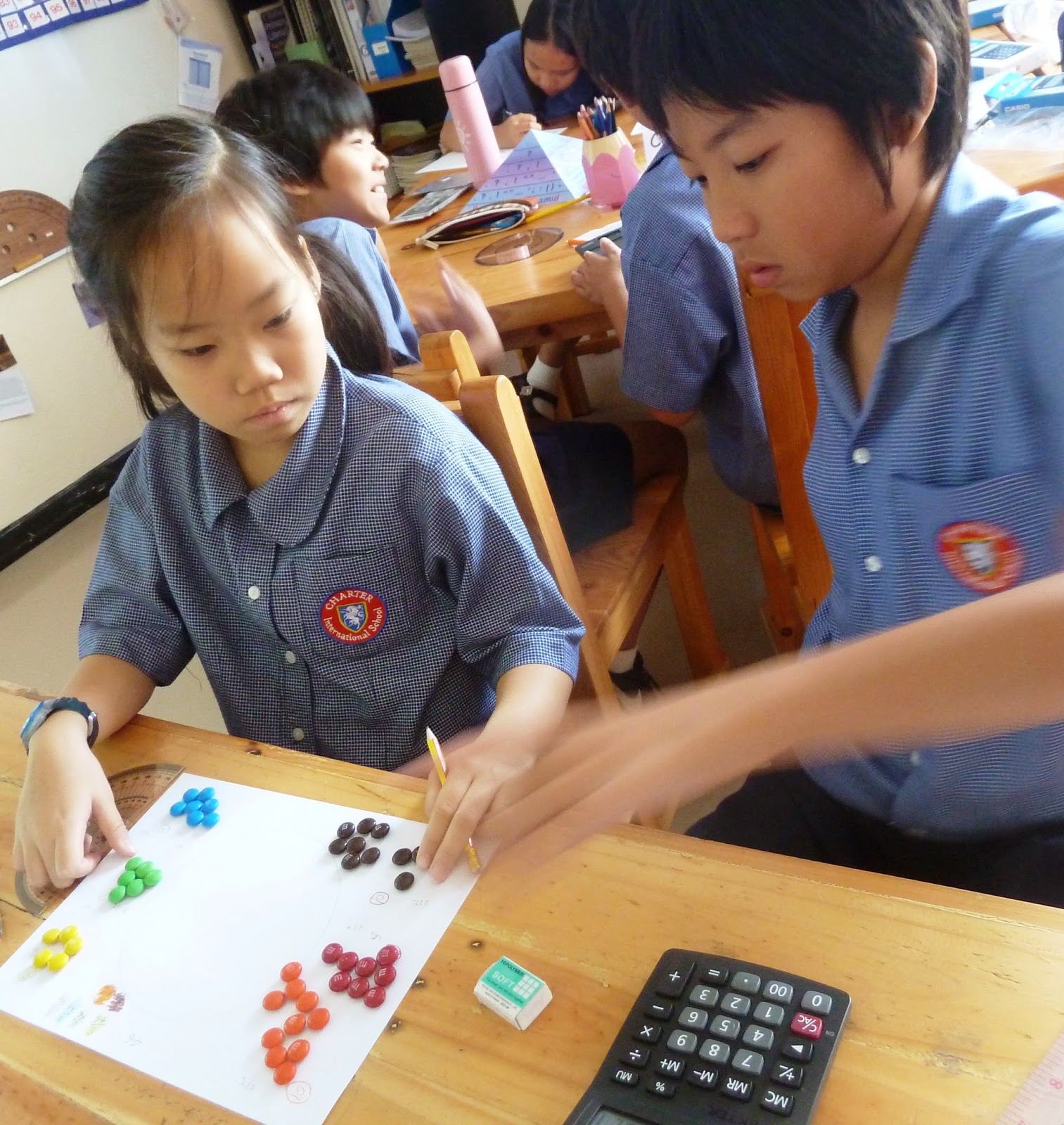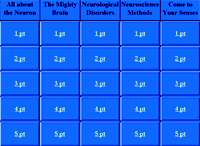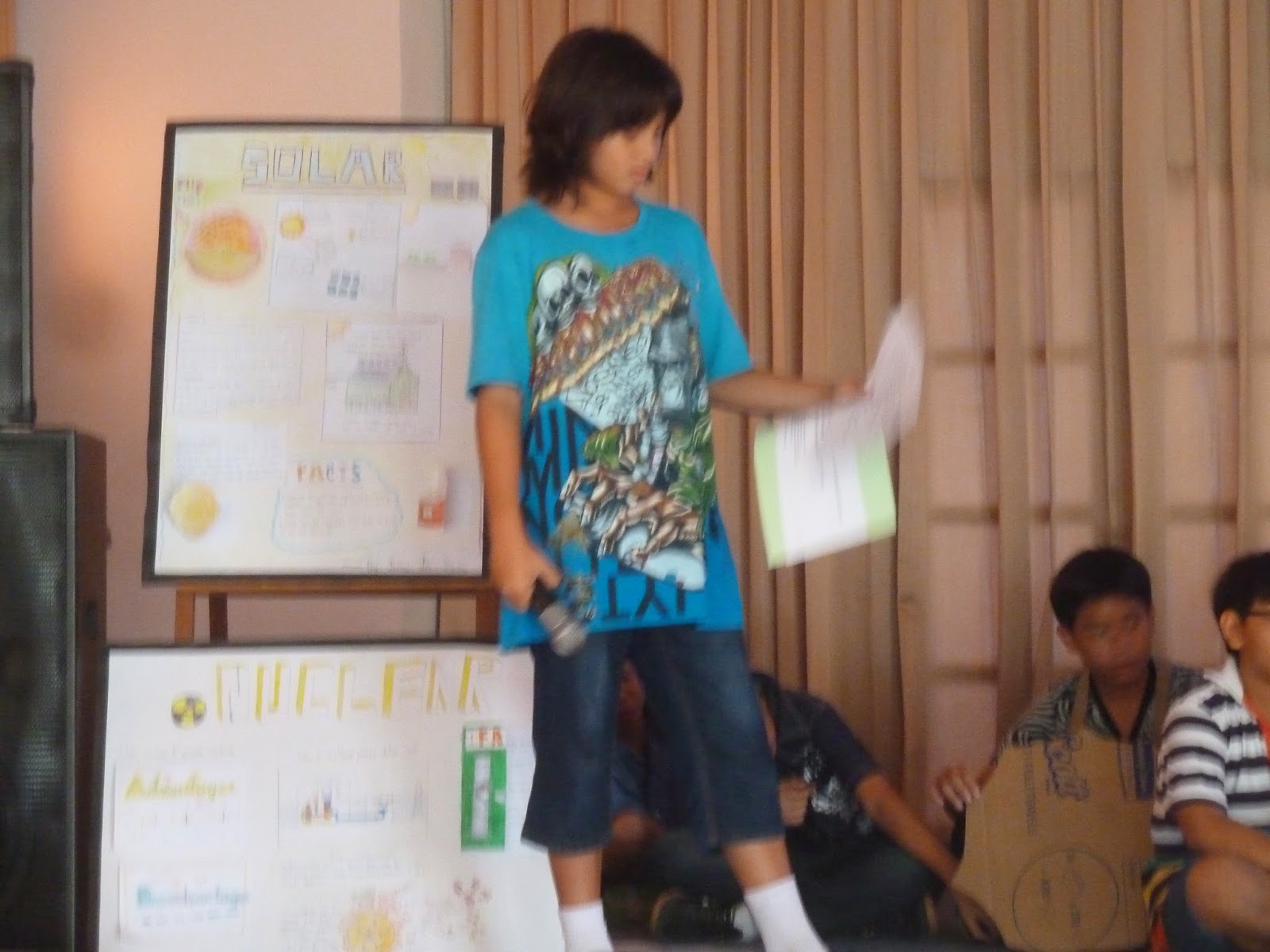WELCOME TO YEAR 6!
Dear Parents and Guardians,
Welcome to Year 6. My name is Julie Edwards and this is my third year at Charter International School. Before coming to Thailand I taught in primary schools in the UK and Tanzania, East Africa. I am looking forward to meeting many of you at the Parent Orientation afternoon on Thursday 28th August at 3pm - 4.30pm.
I will keep you updated throughout the year here on our Year 6 blog - you will find lots of information about Year 6 activities, topics, homework, assemblies, trips, as well as lots of photos of the students hard at work. Your child will also bring home letters about various activities and events. Please feel free to contact me by email at jedwards@charter.ac.th if you have any questions or concerns.
Homework policy : every day your child will receive 35 minutes of homework,; either spelling, English, Maths, topic-related work and sometimes research. Often the Maths homework will be online, using a website for schools called www.mymaths.co.uk. Please encourage your child to complete the homework on time, help and support when necessary, but please don’t do the homework for them!
Reading : we recommend that the children should read every day at home. Your child has reading books, library books and a reading diary, which includes a reading contract for you and your child to sign. Try to encourage your child to talk about the book as well as reading it aloud to you, this helps with their understanding and enjoyment.
Timetable : your child has a weekly timetable. Please try to make sure that your child brings their PE kit (including trainers) on Thursday and swimming kit on Wednesday. Thank you for your help and coo-operation with the English and ICT contracts.
Your child will also need a padlock with two keys for his/her locker. Please can you ensure both keys are clearly labeled with your child’s name. I will keep one safe in case the other is misplaced.
I look forward to meeting you soon.
Kind regards
Julie Edwards
















































